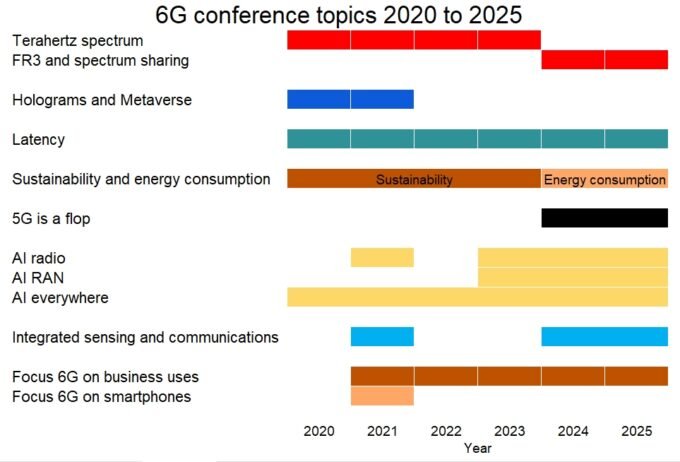You’ve probably seen the clip by Verydarkman — he’s the one who sat down and tried to unpack the whole Ned Nwoko and Regina Daniels situation. He goes through Regina’s recent post line by line, offers his take, and, well, stirs the pot a little. If you’ve been following the headlines, you know this isn’t exactly new territory; celebrities, relationships, public posts, and commentators who try to read between the lines. Still, there’s something about how this particular episode has unfolded that makes it worth paying attention to. Or at least, worth a slow scroll through the comments.
What VDM (Verydarkman) does is pretty straightforward: he watches the post, pauses, points out things he finds significant, and then suggests possible meanings. Sometimes he sounds sure of himself — confidently making claims about motives or dynamics — and sometimes he hedges, saying things like “maybe” or “it could be.” That mixture of certainty and hesitation is oddly compelling. It feels more honest than someone who acts like they’ve cracked a locked diary. I’m not saying VDM is always right — far from it — but his style invites you to think for yourself. He’s not pronouncing a verdict so much as offering a running commentary.
Reading between the lines: tone, timing, and intention
You’ll hear him talk about tone a lot. The way a message is written, the images chosen, even punctuation — VDM treats these like clues. He points out that some phrases can sound defensive, others can sound like they were meant to reassure. Timing matters too: when a post appears relative to an event, argument, or rumor can change how you interpret it. That’s obvious, but seeing someone break it down step by step makes you appreciate how small choices add up.
Also read: When Love and Blame Get Mixed Up: Regina Daniels, Ned Nwoko, and the Messy Middle
And then there’s the intention question. Who is the post for? The public? A private person? Supporters? Critics? VDM leans toward reading posts as messages meant for more than one audience at once. That’s human, right? We rarely speak to only one person at a time on social media — we’re always multitasking, if you like, performing for different groups. It’s sloppy and imperfect, but it’s real life.
Why we care (and why we shouldn’t care so much)
This brings up the old dilemma: why do we care so much about celebrity relationships? Part of it is simple curiosity, the kind that nudges you to check a notification even when you shouldn’t. Another part is projection: people map their hopes, fears, or judgments onto public figures. You might sympathize with Regina, or you might side with the critics — it depends on your own experiences, I suppose. I find myself switching sides occasionally; one minute I’m convinced a gesture was genuine, the next I think it was a performative act aimed at quelling gossip. That kind of flip-flop is human and slightly annoying, but there it is.
But there’s also a real consequence to all this commentary. When millions of eyes scrutinize a single post, it shapes how those involved might behave next. It can encourage carefully curated responses, or worse, fuel a cycle of defensiveness and counter-responses. The more we speculate, the more those in the spotlight have to manage perceptions rather than simply live. That’s not necessarily fair to anyone.
The role of online commentators
People like VDM are part of a larger ecosystem. They don’t create the story from scratch, but they amplify certain angles. That amplification can be useful — it helps surface details some might miss — but it can also be reductive, turning a nuanced situation into a neat narrative. I’ve seen VDM point out things I hadn’t noticed, and that’s valuable. On the other hand, I’ve also seen commentators lock onto one interpretation and ignore everything else. It’s tempting to latch onto a clear story; people like stories. But life, especially public life, is messier.
Also read: Regina Daniels Says Ned Nwoko Has Her Intimate S3x Tape — She Responds
There’s another layer: commentary can be performative too. The commentator builds a persona by being decisive, even when the facts don’t support that certainty. Again, I’m not accusing VDM of anything nefarious — he’s entertaining, and yes, that’s his job partly — but it’s useful to stay skeptical. Watch, listen, and then decide what feels plausible to you. Or don’t decide at all. Let things sit.
A few practical takeaways
If you’re paying attention to this kind of drama (and many of us do), you could do worse than to slow down. Don’t assume a social media post is a confession, a retraction, or a shrug unless there’s context that backs that up. Look for patterns over time — repeated behavior says more than a single outburst. Remember that people managing public images are often balancing many pressures. And lastly, consider your own role: are you consuming for confirmation, for entertainment, or to genuinely understand?
It’s also fine to step away. Sometimes a celebrity spat can feel personal because everyone’s talking about it, but that doesn’t mean your life becomes any smaller if you ignore it. I’ve taken breaks and come back and realized that fewer things change than we imagine. Not everything needs decoding, really.
Why this episode lingers
There’s a reason we keep returning to this Ned Nwoko and Regina Daniels story. It’s partly the personalities involved — both are public figures with complicated histories — and partly the way people package and react to information now. Rapid posting, quick takes, and video commentators create an echo chamber where small signals can reverberate widely. You add a few confident voices, a few skeptical ones, and suddenly the story feels larger than it might objectively be.
Also read: “We Were Never Married” — Regina Daniels Pushes Back, Again
I don’t have a definitive answer. Maybe there isn’t one. But watching someone like VDM analyze a single post reminds you of how much we try to make meaning out of little things, and how those meanings shift depending on who’s listening. That, I think, is the real story here: not just what was posted, but how we all responded, and what that response says about us.














Leave a comment